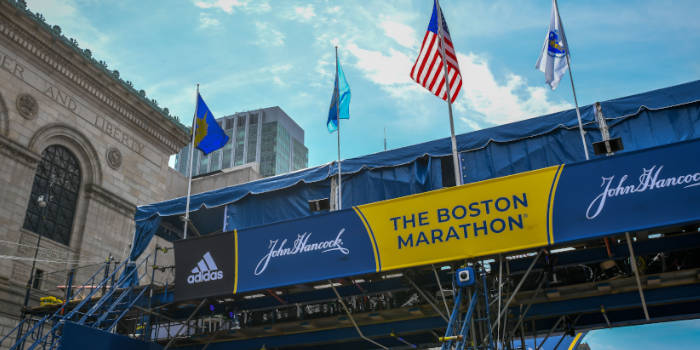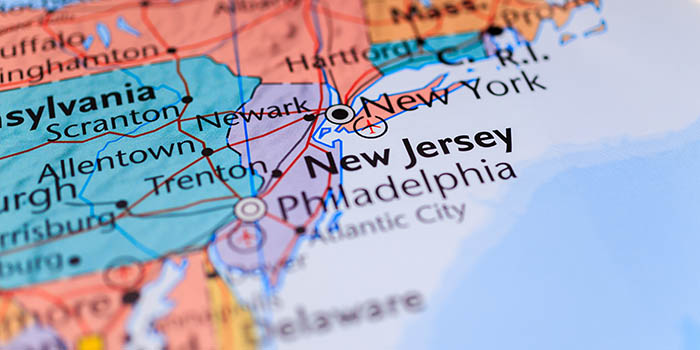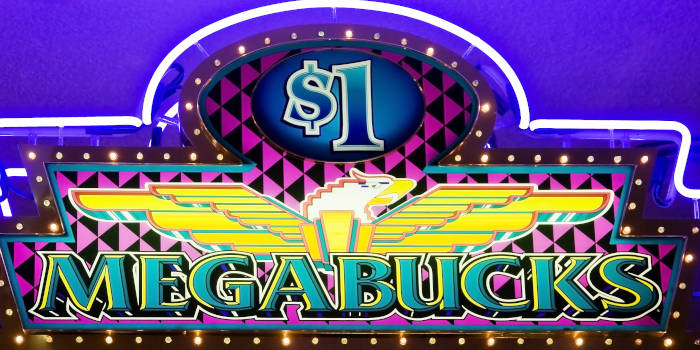New Jersey Shows How to Educate Consumers about Regulated Betting Markets

New Jersey’s state gaming regulator has been an example of how to educate consumers about the regulated and unregulated sports betting markets.
The Garden State Leads the Way in Educating Bettors
Following the legalization of the sports betting industry in the United States, an unexpected issue has cropped up. How do you educate consumers to differentiate between the regulated and unregulated markets?
A good number of consumers are actually failing to do so, and it’s not entirely their fault. Mentions of offshore brands permeate mainstream media, but this is going to improve, says the American Gaming Association (AGA).
If the latest findings are any indication, punters are pulling away from the illegal gambling market. Over 2019, the total amount spent on unregulated betting sites fell by 25%, and this trend is likely to continue strongly into 2021, with more states legalizing wagering.
Yet, if there is one torch-bearer to serve as an example of helping consumers recognize and avoid illegal sites, that is the New Jersey Division of Gaming Enforcement or DGE for short, says AGA senior director and government relations person Jessica Feil.
While offshore operators are claiming a hefty chunk of the betting handle, close to $150 billion a year, according to AGA’s own estimates, regulated states are becoming increasingly capable of helping consumers spot those unlicensed sites.
Media and affiliates have been doing a fair bit of help promoting unregulated brands in regulated markets, but New Jersey has shown a zero-tolerance policy.
New Jersey Toughening Stance against Advertisers
In November 2019, the DGE warned media outlets and advertisers to refrain from promoting offshore brands, signaling that the regulator was well aware of how traditional marketing programs work.
Speaking to Gambling Insider, Feil said that the DGE are “doing really well” in educating consumers, focusing on good actors and attracting customers. In doing so, New Jersey is effectively raising responsible gaming standards and game integrity and protecting both the sport and consumers from harm.
In fact, AGA has done research in the matter, indicating that seven out of ten bettors prefer to use a regulated market. The issue is that many people are still struggling to pinpoint and tell one from the other.
Thanks to DGE’s own way of handling affiliates though, i.e. each affiliate is requested to have a license with the regulator before they can advertise any product, awareness among recreational bettors is rising.
The regulator’s strength also lies in the fact that it has been successful in demonstrating why staking one’s wagers with a regulated sportsbook is far better overall.
With 4 years experience as an analyst, Julie—or ‘Jewels’, as we aptly refer to her in the office—is nothing short of a marvel-worthy in her attention to the forex and cryptocurrency space as she quickly became the first pick to co-pilot education to the masses with Mike.














